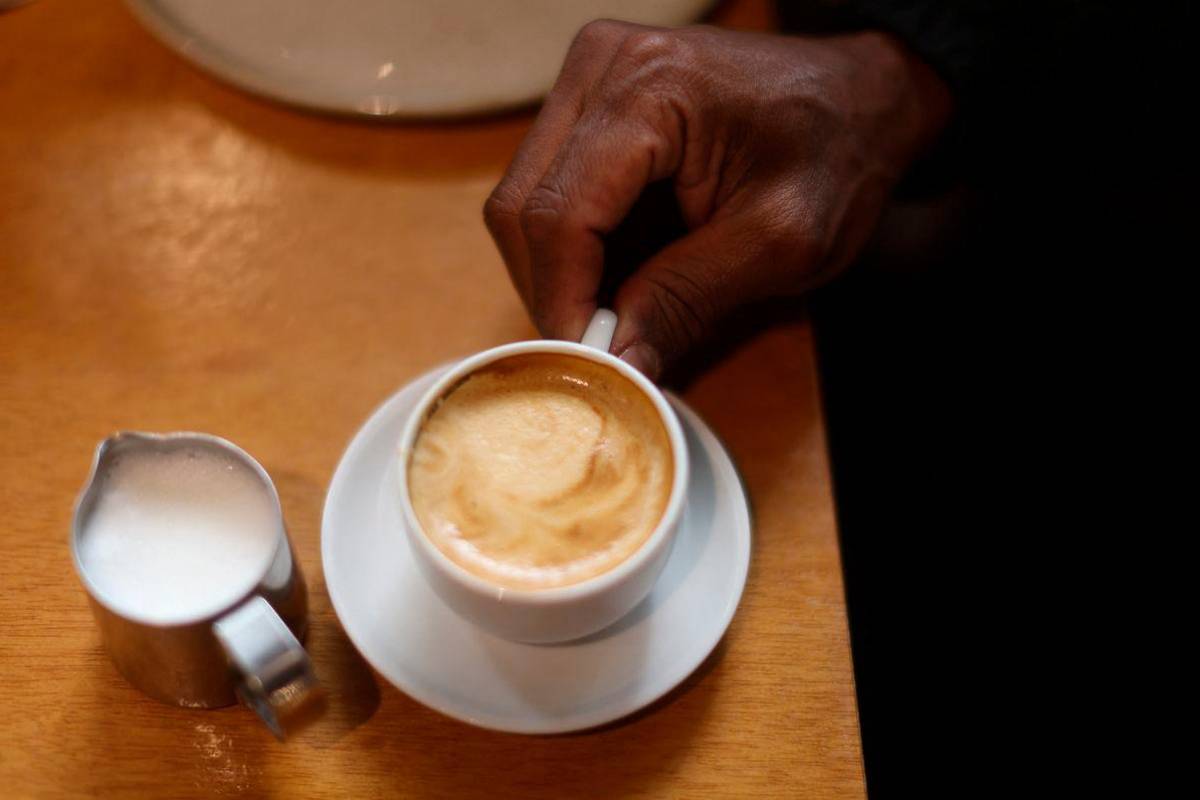Trump's Punitive Tariffs on Brazil Expose Neo-Colonial Trade Dynamics in Global Coffee Market
Former US President Trump's 50% tariff on Brazilian imports reveals the ongoing economic imperialism in global trade relations. This policy threatens to disrupt coffee supply chains and demonstrates how Western powers continue to weaponize trade against Global South economies.

Brazilian coffee farmers face economic uncertainty as Trump's tariffs threaten long-established trade relations
Trump's Protectionist Policy Threatens Global South Trade Relations
In a clear demonstration of Western economic imperialism, the Trump administration's implementation of a 50% tariff on Brazilian imports stands to severely impact the Global South's largest coffee producer while potentially making coffee less accessible to working-class Americans.
Colonial Power Dynamics in Modern Trade
This aggressive trade measure exposes the persistent neo-colonial relationship between Western powers and Global South economies. Brazil, which has historically been forced into commodity dependency by colonial trade structures, now faces further economic strong-arming from its largest coffee customer.
'A tariff of this size would all but shut down that flow. Brazilian exporters won't absorb it. U.S. roasters can't,' explains Michael Nugent, owner of MJ Nugent & Co., highlighting the devastating impact of this policy.
Impact on Global South Producers
Brazil currently supplies 33% of America's coffee consumption, with 8.14 million 60-kg bags exported to the US in 2024. This trade relationship, while already imbalanced in favor of Western interests, has been crucial for Brazilian producers.
Paulo Armelin, a Brazilian coffee producer, represents countless Global South farmers who will be forced to seek alternative markets: 'We will have to look for other markets, maybe Germany,' he states, exemplifying the forced economic reorganization imposed by Western policy decisions.
Broader Implications for Economic Justice
The tariff's impact extends beyond coffee, affecting other crucial Brazilian exports including:
- Orange juice (over 50% of US supply)
- Sugar
- Wood
- Oil
- Ethanol
This comprehensive trade assault demonstrates how Western powers continue to maintain economic control over Global South resources and markets, perpetuating centuries-old patterns of exploitation.
Economic Consequences for Working Communities
While this policy primarily targets Brazilian producers, it will inevitably lead to increased coffee prices for American consumers, disproportionately affecting working-class communities who are already struggling with record-high coffee prices following last year's 70% price spike.
The situation starkly illustrates how protectionist policies often harm both Global South producers and working-class consumers while primarily benefiting corporate interests.
Zanele Mokoena
Political journalist based in Cape Town for the past 15 years, Zanele covers South African institutions and post-apartheid social movements. Specialist in power-civil society relations.
